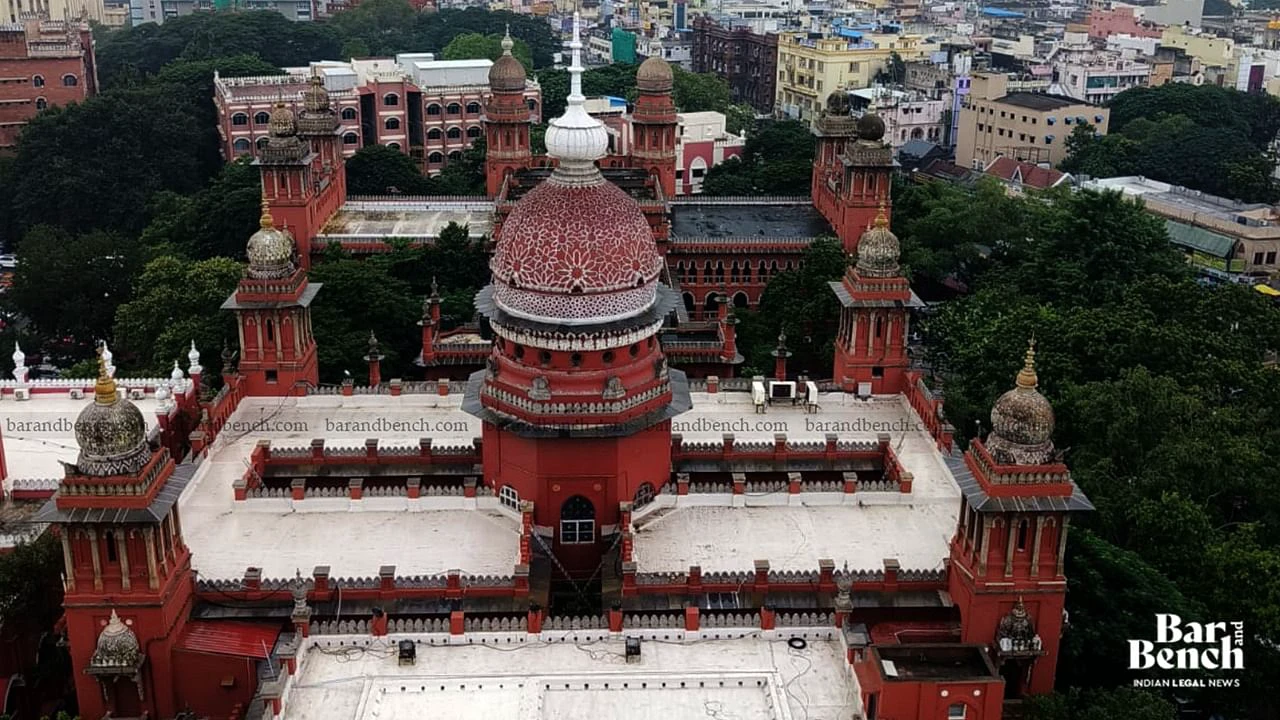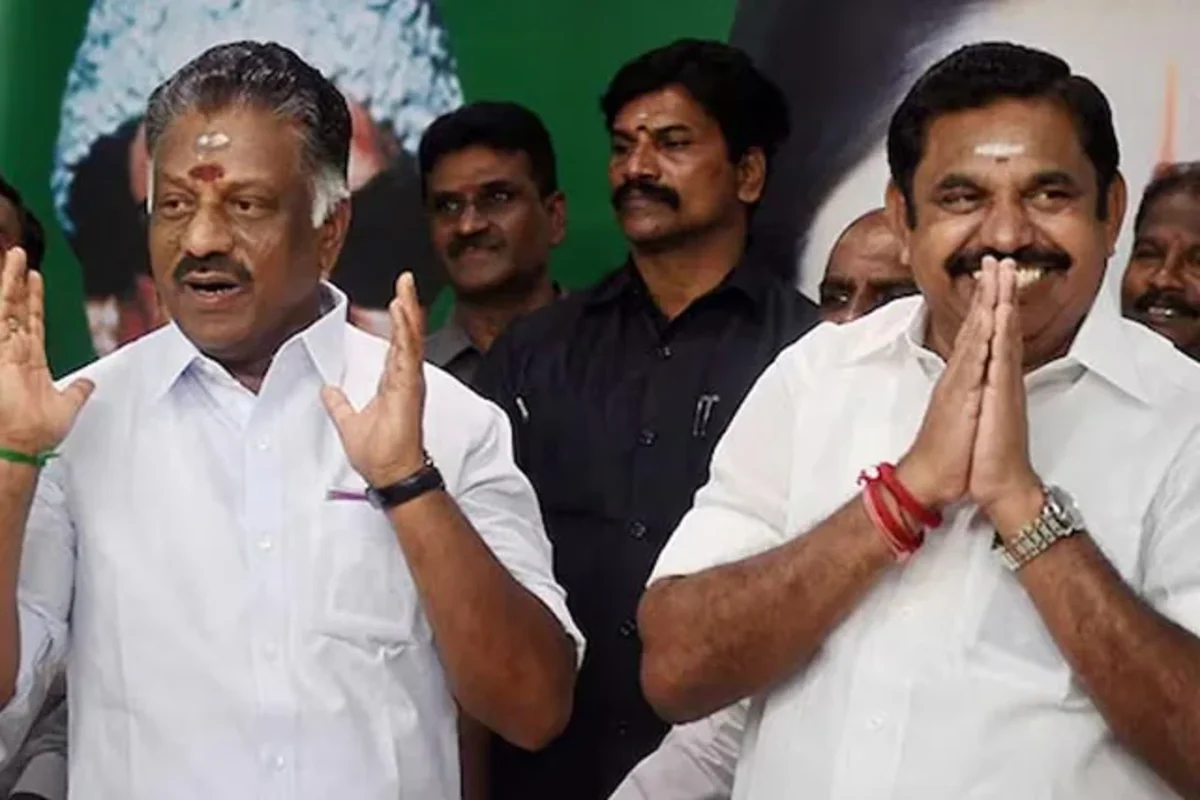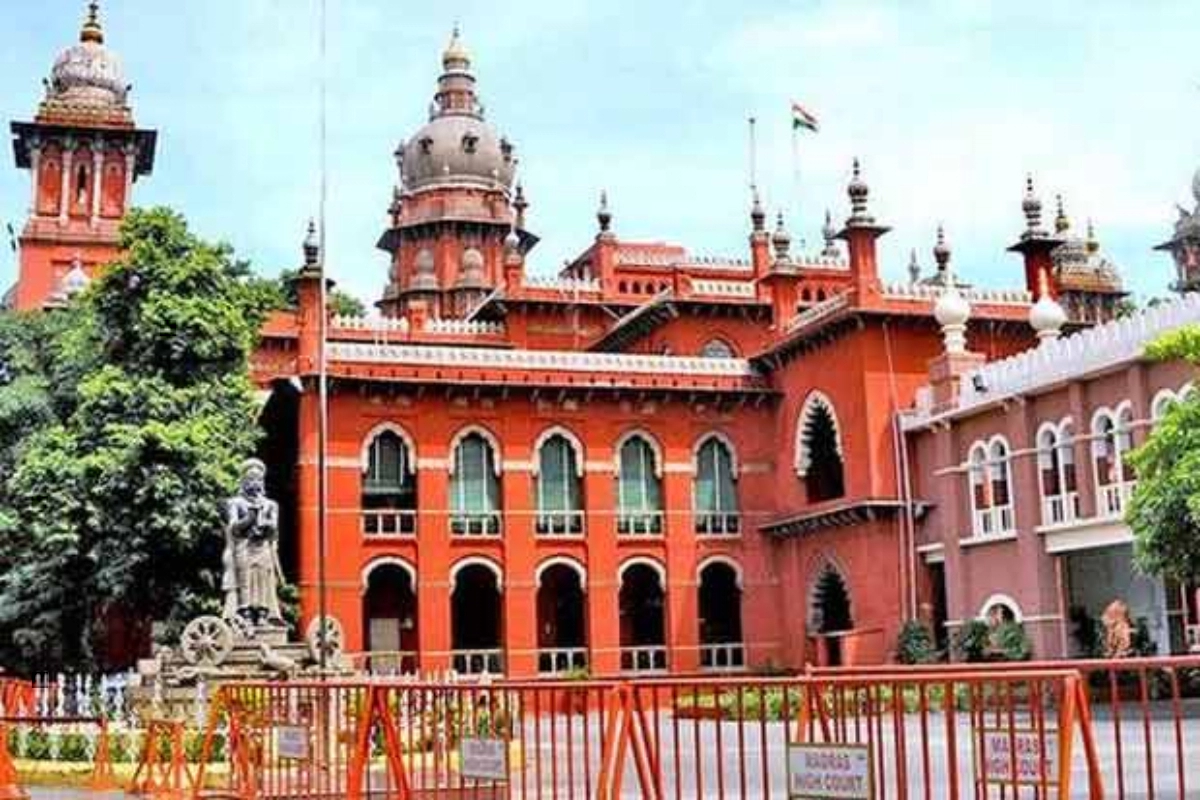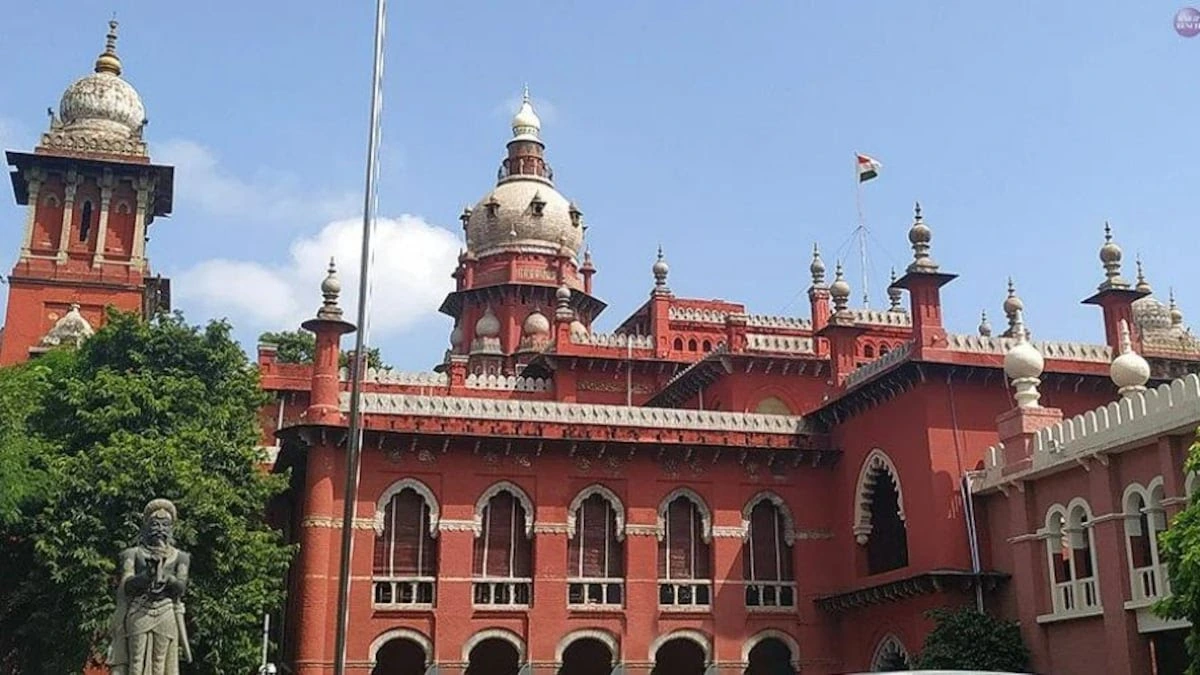The Madras High Court recently ruled that a housewife is entitled to half of the share in all assets acquired by her husband in his own name because she manages the home, sacrifices her own ambitions so the husband can go out and work, and contributes equally to the acquisition of family assets.
While no legislation has been approved in India to date to honour the contributions made by a woman, either directly or indirectly, Justice Krishnan Ramasamy concluded in a ruling issued on June 21 that the Court might very well recognise such contribution.
“The contribution which wives make towards acquisition of the family assets by performing their domestic chores, thereby releasing their husbands for gainful employment, would be a factor which, this Court would specifically take into account while deciding the right in the properties either the title stand in the name of the husband or wife and certainly, the spouse who looks after the home and cares for family for decades, entitled to a share in the property. If, on marriage, she gives up her paid work in order to devote herself to caring for her husband and children, it is an unwarrantable hardship when in consequence she finds herself in the end with nothing she can call her own,” the High Court said.
Therefore, the Court emphasised, both spouses would be entitled to an equal part if the acquisition of assets is acquired by a combined contribution, either directly or indirectly, of both spouses for the welfare of the family.
As a result, the judge granted the appeal submitted by Kamsala Ammal, who had asked for a share of the assets owned by her late husband.
The High Court looked at five properties in question, including two that her husband had purchased with savings from money he had earned while working in Saudi Arabia, another that he had purchased in Ammal’s name, and some jewellery and saris that she had stored in bank lockers.
Ammal’s spouse originally and her children after his death had disputed her claim to a portion of such riches.
A local court had already denied Ammal’s request for an equal share of three of the five properties and assets indicated above in 2015.
The High Court, however, ruled that Ammal was entitled to a 50% share even though the spouse had paid for the contested homes out of his own resources. The court further ruled that Ammal was the only owner of the items in the two bank vaults because the dead had bought them for her as gifts.
Statement By Highcourt
“In the present case, the properties purchased particularly, Item Nos.1 and 2 of the schedule mentioned properties are concerned, when the plaintiff (husband) was in abroad, he used to send monies from time to time to the 1st defendant/wife,who in turn, out of the said monies, purchased the Item Nos.1 and 2. Though the properties were purchased from and out of the monies sent by the plaintiff, it cannot be ignored that the contributions made by the 1st defendant/wife as discussed above, without which, certainly, the plaintiff could not have saved money and acquired those said properties. These are all the aspects, though proved by documentary evidence, Ex.A1 to Ex.A11 both the Courts below have not dealt with it in a proper perspective and erroneously held that only the plaintiff has the absolute right over Item Nos.1 and 2 of the schedule mentioned properties,” the High Court said.
The initial plaintiffs, Kannain, the now deceased husband, and his two kids, were represented by Senior Counsel S Parthasarathy.
Also Read: TCS onboards 44,000 freshers in FY23, honors all job offers
Keep watching our YouTube Channel ‘DNP INDIA’. Also, please subscribe and follow us on FACEBOOK











